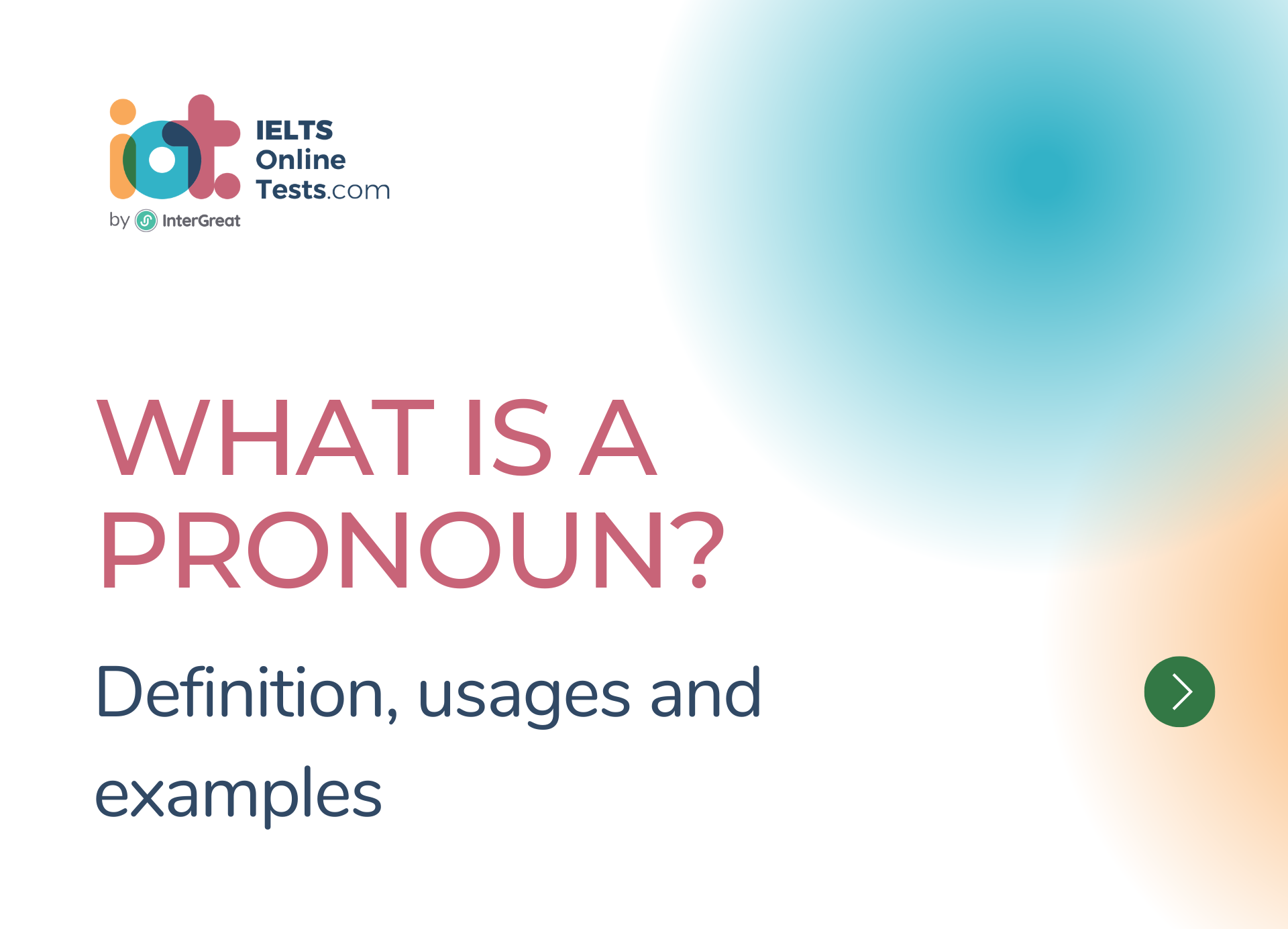
What is a pronoun? How many types does it have?
Pronouns in English are words that are used to replace nouns or noun phrases. They help avoid repetition, make sentences less cumbersome, and simplify communication. Pronouns take the place of nouns and function as substitutes for them.
Here's an overview of different types of pronouns in English:
Personal Pronouns: Personal pronouns refer to specific people or things. They can be categorized into three groups based on their function in a sentence:
- Subject Pronouns: These pronouns are used as the subject of a sentence. Examples include "I, you, he, she, it, we, they."
- Object Pronouns: These pronouns are used as the object of a verb or preposition. Examples include "me, you, him, her, it, us, them."
- Possessive Pronouns: These pronouns indicate ownership or possession. Examples include "mine, yours, his, hers, its, ours, theirs."
Reflexive Pronouns: Reflexive pronouns are used when the subject and object of a sentence refer to the same person or thing. They end in "-self" (singular) or "-selves" (plural). Examples include "myself, yourself, himself, herself, itself, ourselves, yourselves, themselves." Reflexive pronouns emphasize that the action is directed back to the subject.
- Example: "I hurt myself while playing football."
Demonstrative Pronouns: Demonstrative pronouns point to specific people, places, or things in relation to the speaker or context. Examples include "this, that, these, those."
- Example: "This is my car."
Interrogative Pronouns: Interrogative pronouns are used to ask questions. They introduce questions about people or things. Examples include "who, whom, whose, which, what."
- Example: "Who is at the door?"
Relative Pronouns: Relative pronouns introduce relative clauses, which provide additional information about a noun or pronoun in a sentence. Examples include "who, whom, whose, which, that."
- Example: "The book that I bought is excellent."
Indefinite Pronouns: Indefinite pronouns refer to non-specific people, places, or things. They do not refer to any particular person or thing. Examples include "somebody, anybody, nobody, everybody, anyone, none, each, few, several, all, some."
- Example: "Everybody should bring their own lunch."
These are the main types of pronouns in English. Understanding and using pronouns correctly can enhance clarity and efficiency in communication. It's important to use the appropriate pronoun based on its function and referent within a sentence.




